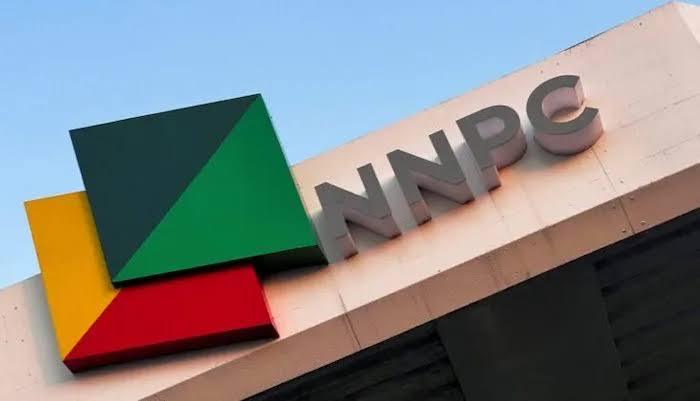The House of Representatives has ordered the Nigerian National Petroleum Corporation Limited (NNPCL) to pause all plans to mortgage future crude oil assets. This directive will stand until a comprehensive forensic audit of the corporation’s activities is concluded.
The decision was announced by Hon. Ikenga Ugochinyere, who heads the Special Joint Committee of Downstream and Midstream Petroleum Resources. The committee is tasked with uncovering irregularities that are stifling the progress of the oil and gas industry. This includes the investigation of past crude sales agreements by NNPCL, subsidy frauds, and allegations of importing substandard products.
Reports have surfaced that NNPCL intends to secure an additional $2 billion in loans backed by crude oil from international lenders. This follows statements from NNPCL’s CEO, Mele Kyari, about the corporation’s struggles to clear a $6 billion debt with international oil traders. These debts have accumulated due to the elimination of fuel subsidies.
Hon. Ugochinyere has urged NNPCL to respect the ongoing audit and refrain from securing new loans that could undermine the investigation. He emphasized that such actions could compromise President Bola Ahmed Tinubu’s efforts to ensure a steady crude supply to local refineries.
The committee is already reviewing past transactions that involved forward sales of crude, failure to remit revenues to the Federation Account, and agreements that were not favorable to the nation. The impact of these deals on the availability of crude for local refining is also under scrutiny.
Ugochinyere highlighted the importance of the investigations, stating that allowing NNPCL to take on new debts could exacerbate the existing problems. This could deprive refineries of necessary feedstock, reduce revenue, and result in future financial losses.
“We are here today to address a disturbing development,” said Ugochinyere. “The leadership at NNPCL is attempting to mortgage our future crude oil assets for what appears to be routine administrative reasons.”
As chairmen of the joint investigative committees on Petroleum Resources Midstream and Downstream, Ugochinyere and his colleagues have committed to protecting the sectors from decisions that could further aggravate current challenges.
“This potential new loan could devastate the sector, starve refineries of resources, and squander future revenue,” he warned. “Our committee has received information about plans to secure additional loans while the country is already facing significant financial difficulties.”
NNPCL’s recent consideration of another oil-backed loan follows its acquisition of a $3.3 billion loan from Afrexim Bank in August 2023. This loan was intended to boost liquidity after fuel subsidies were removed and the foreign exchange market was unified. The loan’s terms require repayment in crude oil priced at $65 per barrel, covering approximately 90,000 barrels daily.
Ugochinyere stressed that any new borrowing must not distract from the ongoing forensic review. He applauded President Tinubu’s recent directive to sell crude oil to domestic refineries, including the Dangote Refinery, in the local currency as a positive development for Nigeria.
“Despite the President’s directive, NNPCL is considering another loan,” Ugochinyere concluded, calling for a commitment to the required fiscal discipline and caution in the management of the nation’s resources.
The revenue at stake is considered the sovereign wealth of the people, and the parliament, representing the interests of the citizens, insists on protecting it. NNPCL, entirely owned by the Federal Government and the Nigerian populace, is expected to act responsibly, ensuring that its actions do not harm its shareholders and the national economy.
Source: The Guardian



